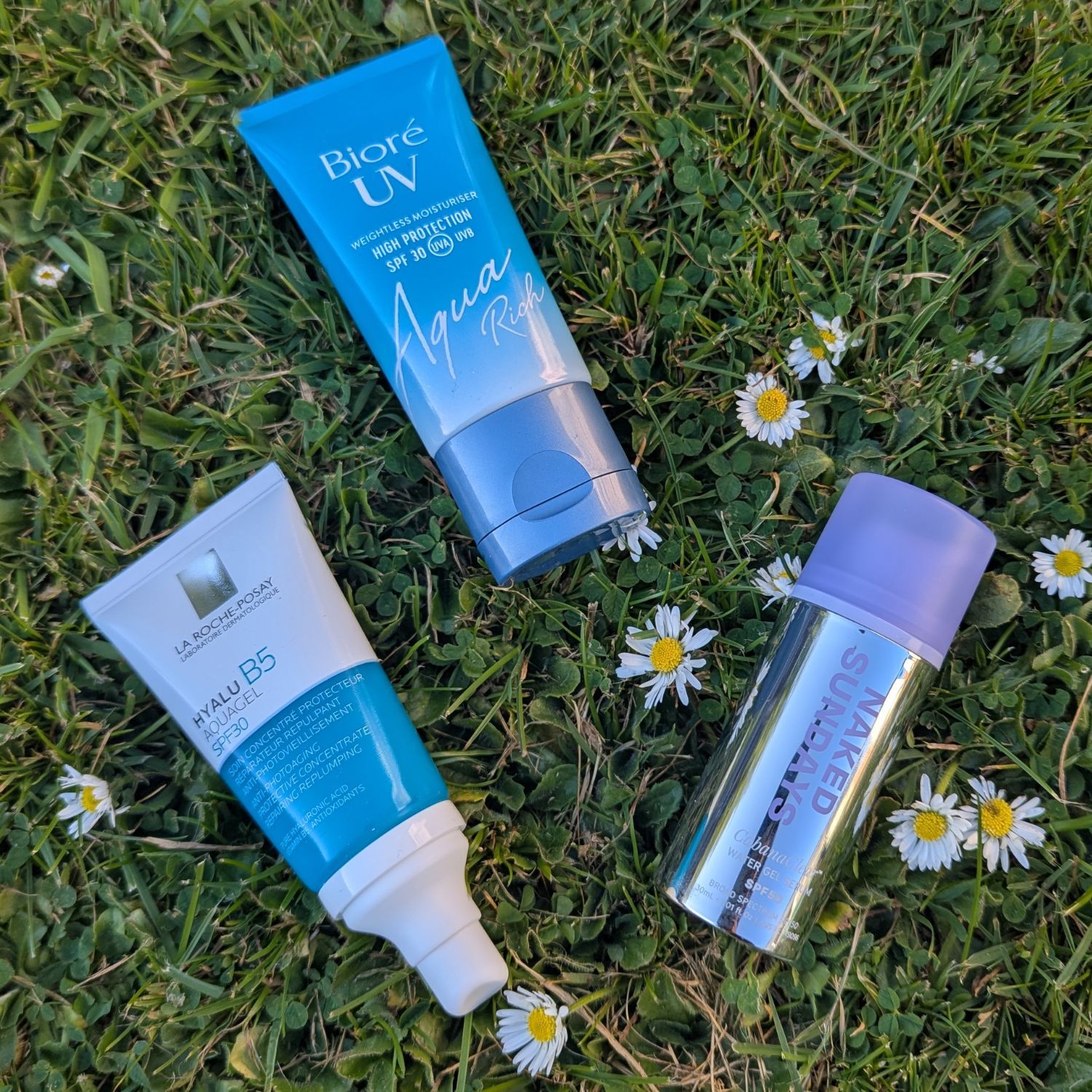'The importance of consent can be taught at any age, here's how'
Not talking about it is often more harmful

Not talking about it is often more harmful
From the editors of HelloGiggles
By Mariana Plata
With sexual harassment being so prominent in the news, it’s been impossible to get through the weeks without addressing this important issue in some form. As these powerful conversations take over the internet, trending hashtags like #MeToo and #WhatConsentMeansToMe have become vessels empowering victims of sexual harassment, abuse, and assault to come forward. They’ve opened up an incredibly necessary space.
As a child and adolescent psychologist with a strong commitment to education, I provide a lot of workshops for parents.
Following this news cycle, I’ve made it my mission to address the topic of consent
Some parents are open to talking about consent, and some worry that their children are too young. The reality is that sexuality and consent are topics that can be handled at any age — and talking about them as early as possible helps set the foundation for more serious conversations down the road.
It is my firm belief that, if we can teach our younger generations about consent, we can prevent sexual harassment, abuse, and assault. So how do we open this conversation? How do we address it? How do we empower our children and teach them they have the right to say no and be heard?
Marie Claire Newsletter
Celebrity news, beauty, fashion advice, and fascinating features, delivered straight to your inbox!

Look for opportunities to show your young child what consent looks like
A big myth regarding consent is that we think young children won’t understand what it means. As I tell parents, the key is teaching children about consent at their age-appropriate level. We might not be speaking to them directly about sexual consent, but we can teach them how to voice their discomfort. Teach your child how to say no — more importantly, allow your child to say no.
For example, respect your child’s wish to NOT greet your old acquaintance (whom your child has never met) with a kiss or a hug. Ask your child for permission to take their video or photo, and ask for permission before you post it online. This helps teach your child to voice their concerns about a situation that makes them feel uncomfortable.
A lot of parents confuse kindness with passivity. It is important to show children, especially our young ones, that being kind does not mean being a pushover. Being kind does not mean putting yourself in uncomfortable situations just to fit in.
Children should feel their voice matters, that they can use it to express their discomfort — and that belief partially starts with your parenting. If parents can use respect to show their children that their voice matters, then they will help build healthy self-esteem. Consequently, if children have healthy self-esteem, they won’t put others down or allow others to unfairly exert power over them.
As they grow older, speak to them about sexual consent in a direct and clear way
Some parents feel nervous about discussing topics like sexuality and consent with their kids. The truth is, not talking about them is often more harmful. Plus, refusing to talk about sexuality won’t diminish your child’s natural curiosity. When parents don’t offer this space to talk about sex and consent in a healthy way, children will go elsewhere for answers to their questions. Answers that — more often than not — will not be accurate or reliable.
When talking about consent, I’ve learned to break it down into four main points. It’s active, which means that it requires a clear yes or no. It’s based on equal power, which means that, if a person is under any type of influence (like drugs or alcohol) or has a superior status (like a boss or teacher), it becomes more difficult to consent. It’s a choice, which means that everyone should feel free (and not pressured) to say yes or no. And it’s a process, which means it is an ongoing conversation through every step of every sexual encounter.
I’ve previously written about how the news and celebrities can give us opportunities to open up this conversation with our children. Current events can be excellent conversation-starters, and we should use them to ask our children about their thoughts on consent.
Asking questions like, “What does consent look like to you? What does consent mean to you?” can help us assess the information children and teens already know.
So what do we have to clarify? And what do we have to address separately? It’s easier to open a conversation when we have a starting point.
Talking about consent is necessary at every age. It’s never easy, nor is it simple. But it’s necessary. There is a lot of unclear information on the internet, but it’s important to teach children that consent is not a grey area. It’s actually pretty straightforward. No means no, yes means yes, and anything that’s not a yes is not consent.
The sooner consent and sexuality are talked about, the better. They are part of human nature, but young children likely don’t understand them. It is parents’ responsibility to make their children feel comfortable enough to ask questions and openly communicate. Consent is not sexy, it’s mandatory.
The leading destination for fashion, beauty, shopping and finger-on-the-pulse views on the latest issues. Marie Claire's travel content helps you delight in discovering new destinations around the globe, offering a unique – and sometimes unchartered – travel experience. From new hotel openings to the destinations tipped to take over our travel calendars, this iconic name has it covered.
-
 Anatomy Of A Wardrobe: TV presenter AJ Odudu is carving out her own lane, one show-stopping look at a time
Anatomy Of A Wardrobe: TV presenter AJ Odudu is carving out her own lane, one show-stopping look at a timeWatch as we take an exclusive look inside AJ's wardrobe
By Lily Russo-Bah
-
 I’ve searched high and low for the best lightweight SPFs—these hydrating, water-based ones are a total game-changer
I’ve searched high and low for the best lightweight SPFs—these hydrating, water-based ones are a total game-changerNo excuses
By Jazzria Harris
-
 This perfume has been an icon for over 20 years, and for good reason—it’s soft, elegant, and oh so feminine
This perfume has been an icon for over 20 years, and for good reason—it’s soft, elegant, and oh so feminineFeminine but not *too* sweet
By Lucy Abbersteen